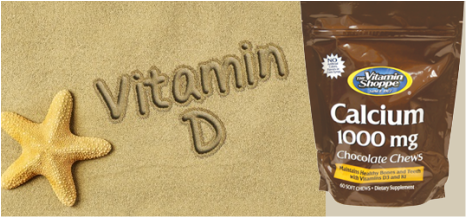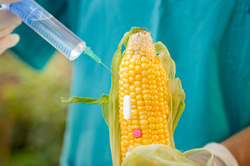Here is why.
Adults get little cracks in their bones that need to be repaired. Repairing the bone requires calcium, Vitamin D, protein, estrogen, progesterone (for women), testosterone and DHEA. To maintain strong bones, it requires the entire holistic package. On a daily basis, we don’t use up very much calcium. If we take in more calcium than we need, the kidneys will send the excess calcium into the urine. Again, too much calcium in the urine can lead to kidney stones.
A few years ago, Dr. Mehmet Oz brought the low Vitamin D levels of older Americans into popular focus. Many elderly women were advised to take 2,000 mg of calcium daily for bone health, but since they did not have enough Vitamin D, the extra calcium was ineffective. The intestine cannot absorb calcium very well without having adequate levels of Vitamin D (no matter how much calcium is taken). When women finally started supplementing with Vitamin D, they were successful in absorbing the higher levels of calcium.
I watched a urology doctor on television criticize Dr. Oz for pushing Vitamin D because kidney stone rates were going up in elderly women. The doctor was blaming the wrong problem. The extra Vitamin D is needed for many reasons. In addition to bone health, Vitamin D supports immune function, which protects against infections and cancer. The main issue was that women were taking too much calcium.
Very important general rule -- there isn’t anything that you can’t have too little or too much of. For healthy bones, everyone needs the whole package of vitamins, hormones, nutrients and minerals but do not take too much of anything, including calcium.





 RSS Feed
RSS Feed